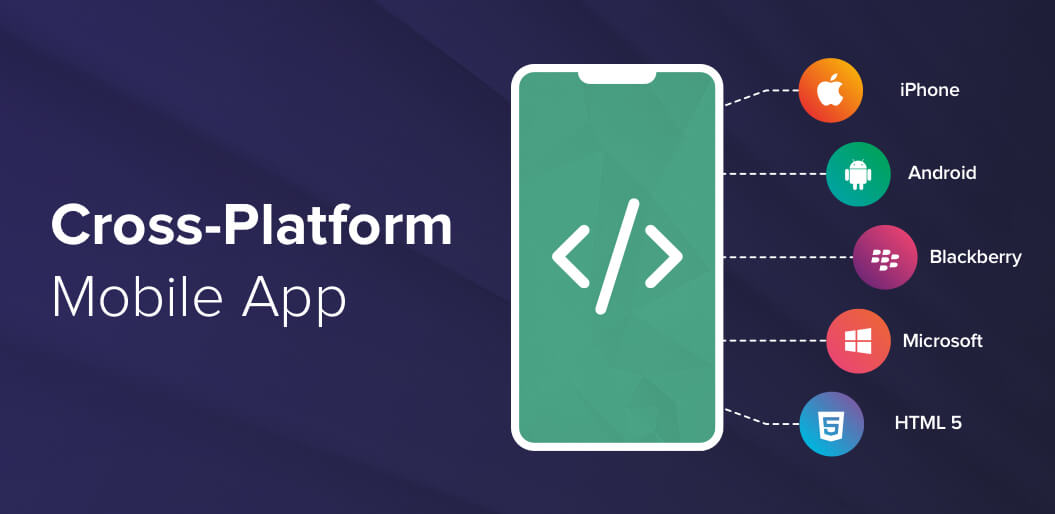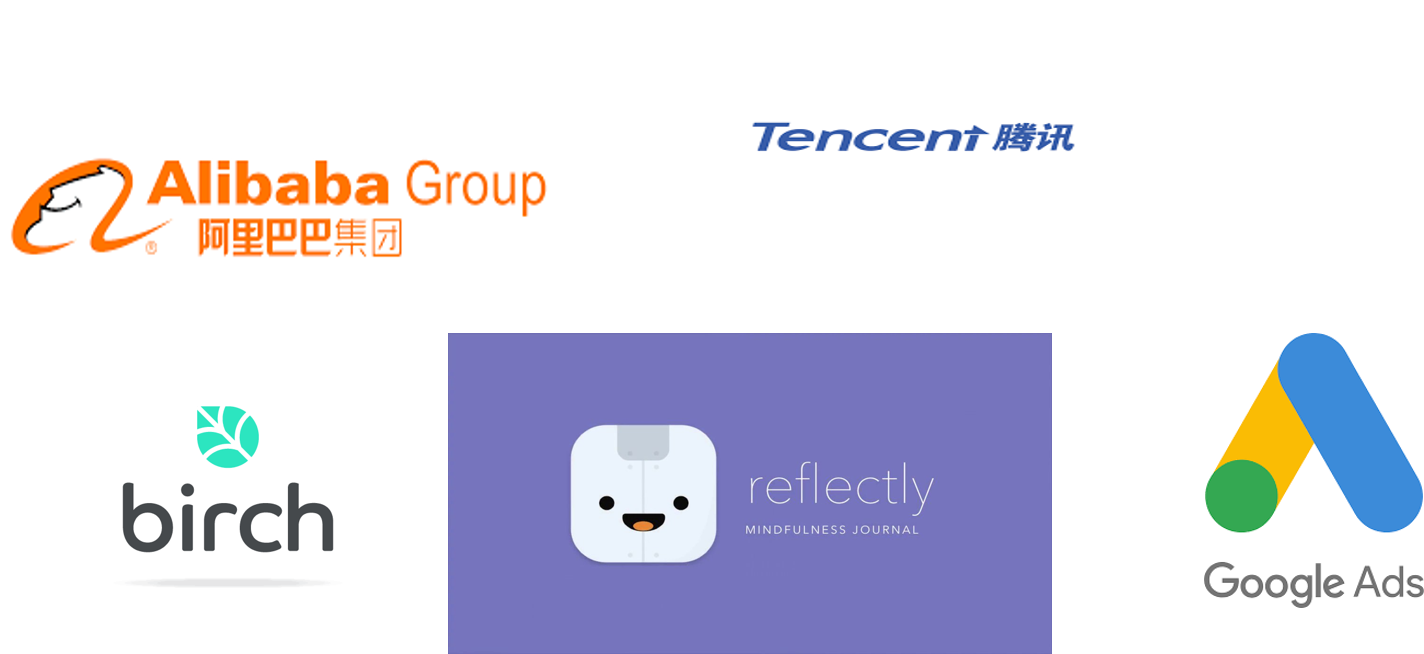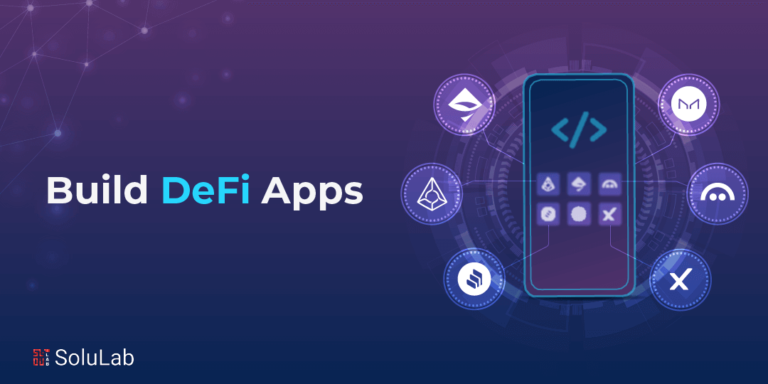Nowadays, many businesses have adopted cross platform development framework. There are various, similar types of frameworks in the market that serves the same motive!
What is Cross-platform App Development?
In layman terms, “Cross-platform development is the action of developing software products or services for multiple platforms or software environments”.
The best part is everything is wrapped in a single codebase. Thus, it enables one to address various markets and target audience regardless of the platforms they prefer.

Some of the most popular examples are React native Titanium, Xamarin, Sencha, PhoneGap, Monaca, jQuery Mobile,, Ionic, Flutter and more.
However, not every cross-platform tool has the same proficiency.
Most of the tools have faded but React Native and Flutter are still holding a strong position.
The reason for their success compared to other tools is because of the fact that the top tech leaders Facebook & Google have their back.
In this article, we are going to discuss the much-talked framework of Google Flutter
Introduction to Flutter
Flutter is a cross-platform app development framework that enables smoother and easier app development. Thus, you can develop and Android/ iOS apps using a single codebase.
Here we will see why Flutter is unique from other cross-platform development frameworks:
- It comes without any cost and its an open-source cross-platform app development framework
- Flutter is based on Dart which is a swift, object-oriented programming language that has the least learning curve
- It comes with its widgets well-aligned with its own high-performance rendering engine. Flutter apps are fast, customizable, and intuitive.
What are the Advantages of using Flutter for Mobile App Development?
Flutter is beneficial not only to the mobile app developers but to the app owners as well. One of the key features of Flutter is its ability to allow cost-effective mobile app development, and reduce time to market.
The in-built UI components helps to deliver an impeccable app interface with smooth and silky animations.
But that’s not just it. Let’s look into some more advantages of Flutter.
Free and open source
Total cost of development of the whole process is much cost-effective compare to other platforms, also anyone can modify and share it to others without any cost.
Common code for two platforms
With native app development, two separate codes needs to be written for different platforms. Hence, if you want to develop an app for iOS and Android, you would need to work separately with experts of the field. This style requires lots of efforts from number of people, and it increases time and money.
Speedy development of your application
Many mobile app developers globally prefer Flutter because Flutter increases the speed on mobile apps development. As soon as the coding is done changes are smoothly reflected on the mobile app. This feature helps mobile app development teams to fix bugs, and experiment in a small amount of time.
Enticing User Interface (UI)
Flutter provides with number of widgets that will help you increase the visual aspects of the mobile application.
Access native features
Flutter provides all the native features required for development.
Hot reload
Flutter is hot reload, developers can see all the changes they’ve made to the code in the app.This is basically due to its ability to help you test your idea in hot water and implement changes as you go.
Best for MVP( Minimum Viable Product)
Nowadays MVP or lean product development is the most preferred choice. This is due to its ability to help you test your idea in hot water and implement changes as you go.
Older devices run on the same UI
There is no need to write new code every time when a new device is introduced .
Few efforts while testing
With Flutter you now have a common app for all, instead of having a dedicated app for each platform for all of them. Hence, now the testing teams do not have to test for each platform independently.
Larger community support
People from different countries like USA, India, UK, Australia, China, etc are heavily using Flutter. Flutter needs low maintenance and less complexity compared to other cross platform development. Flutter app development leads to high-performing apps that run flawlessly without hanging.
Tools of Flutter which helps to build cross platform mobile apps
Flutter supports various tools like Android Studio and Visual Studio code.
In addition, it also allows developers to view logs, debug apps, and inspect the widgets for Flutter app development. Here is the list of Flutter tools which are competent for the cross-platform app development.
- Timeline View: It enables you to monitor your app at a frame-by-frame level, know rendering, and computational work.
- Logging View: It showcases the activity log from your application, network, framework, and garbage collection events.
- Widget inspector: This tools provides visualization and exploration of the tree hierarchy which is used by flutter for rendering.
- Source-level debugger: It lets the user to step through code, mark breakpoints and investigate the call stack.
Top popular apps made in Flutter

Conclusion
Every startup/enterprise that depends heavily on the user-friendly and effective software development kits, Flutter is the best option. Flutter has so much to offer in terms of enticing interface, faster development time, flexible APIs, and a lot more, Flutter is the best cross-platform app development enterprise-friendly tool.




